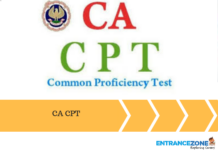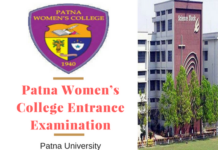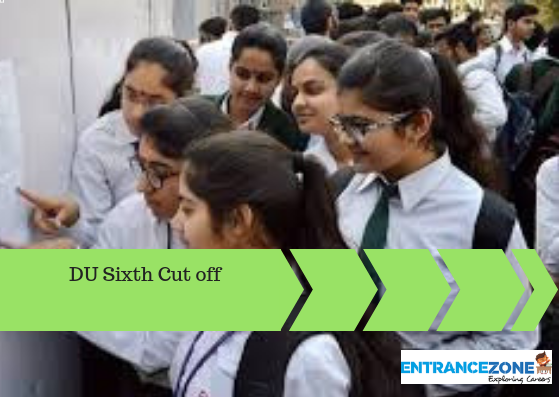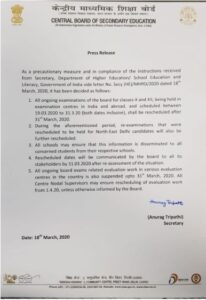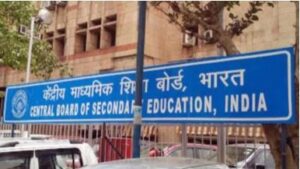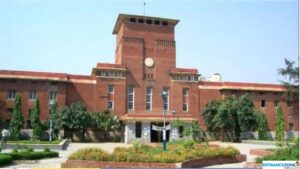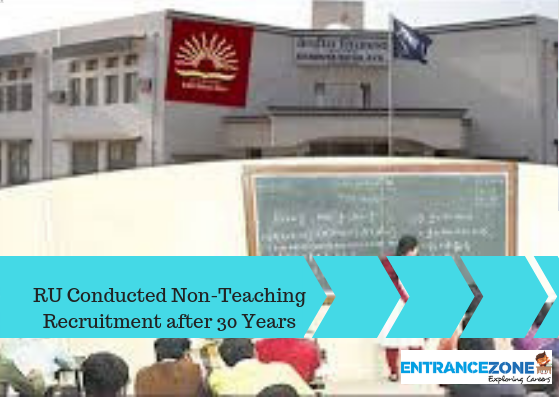Delhi University: DU Eighth Cut off 2019 will be released DU Seventh Cut off 2019 has been released on 05 August 2019. Delhi University has released the Eighth cut off for undergraduate admission into its colleges. Earlier the sources from Delhi University had stated that there will be only five rounds for undergraduate admission but with numerous vacant seats still available in colleges for different courses, an extended round would be conducted.
While admission under many DU colleges has ended but still there are colleges with vacant seats up for grabs. Candidates who want to pursue their higher education from one of the Delhi University colleges can check out the live update for the Eighth cut off from this article.
Latest Update:
- Delhi University 2019 Second Admission List for BMS, BBA & other courses has been released on 11 August 2019. Click here > Second Admission List
- DU Eighth Cut off 2019 will be released today.
- DU Seventh Cut off 2019 has been released on 05 August 2019
DU Seventh Cut off 2019
DU Seventh Cut Off 2019 List here- DU Seventh cut-off: Science Cut-Off
- DU Seventh cut-off: Art & Commerce Cut Off
- DU Seventh cut-off: B.A.(prog.) Cut Off
PGDAV [Evening ]
NOTE: There is a high possibility that DU will conduct another extended round of Admission for Undergraduate Courses. As many are aware off, previous year DU conducted 11 rounds for undergraduate admission and this year too many college reports vacant seats in their different courses.
Delhi University would report in advance if it calls for a further round of counselling.
du 7th cut off 2018, du 6th cut off 2018 pdf, du Eighth cut off 2018, du cut off 2018, du 7 cut off 2018, 7th cut off list of du 2018, du 7th cut off 2017, 6th cut off list of du 2018 pdf
